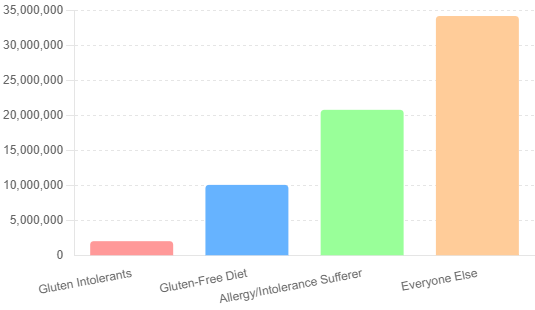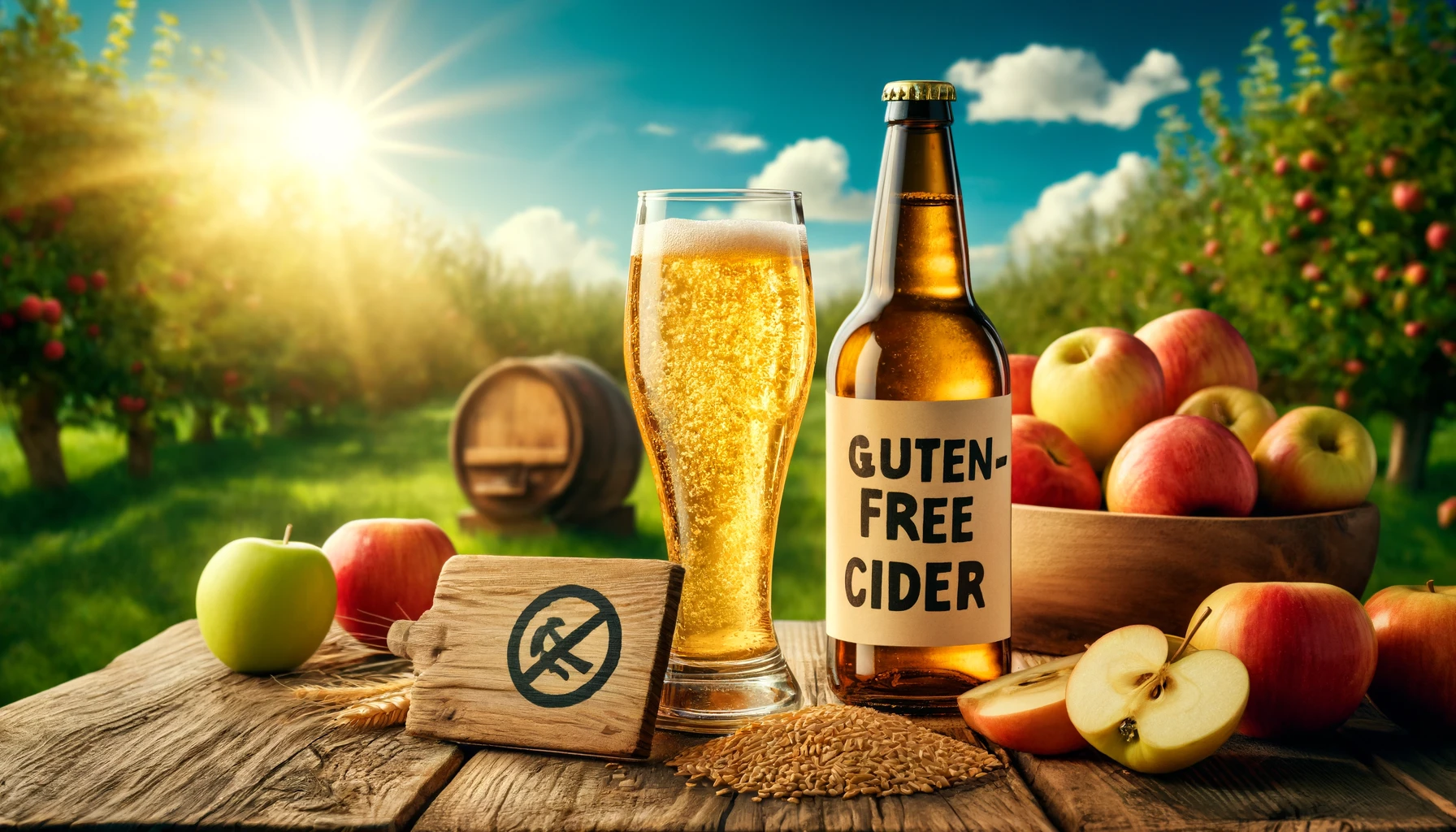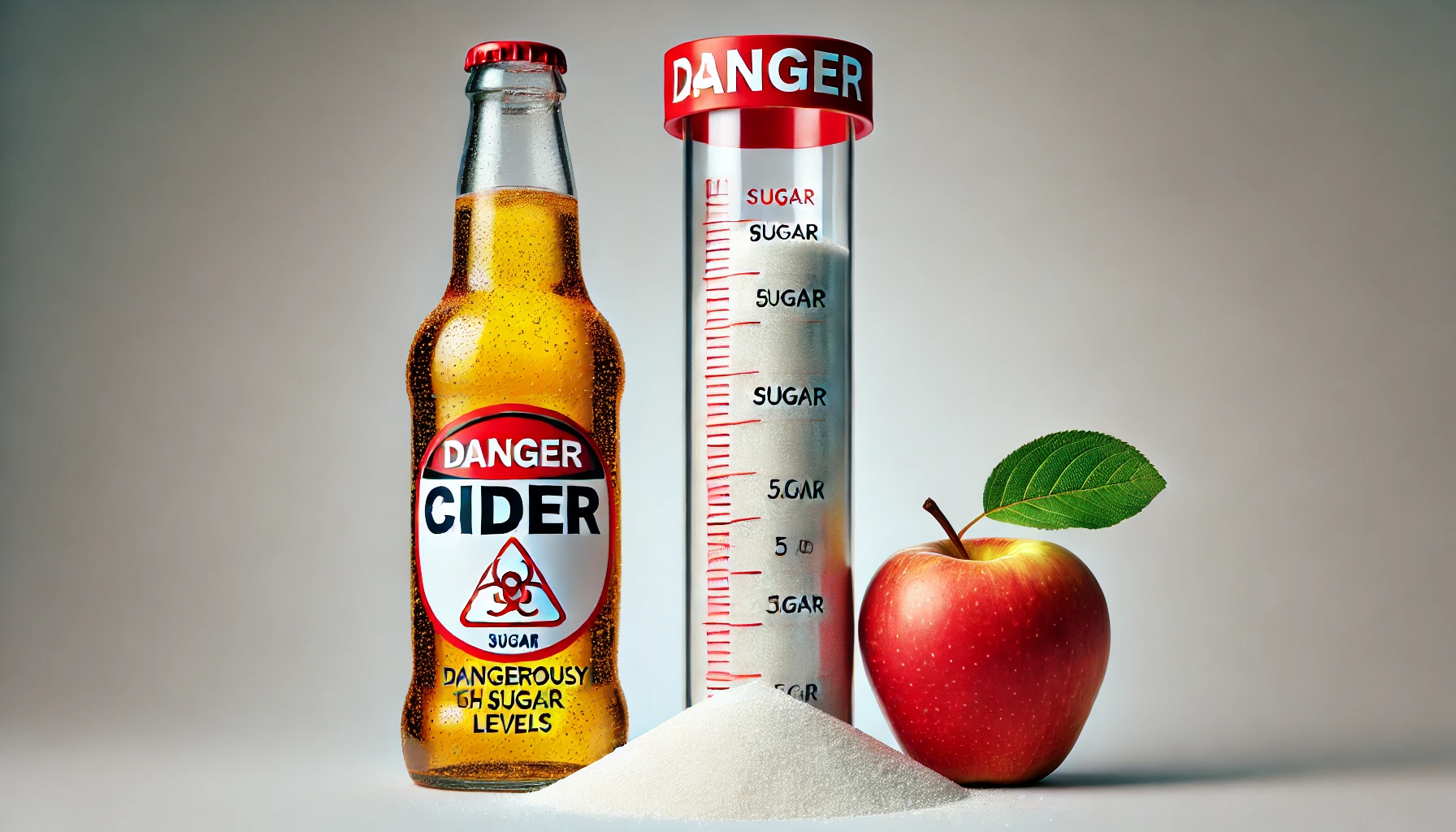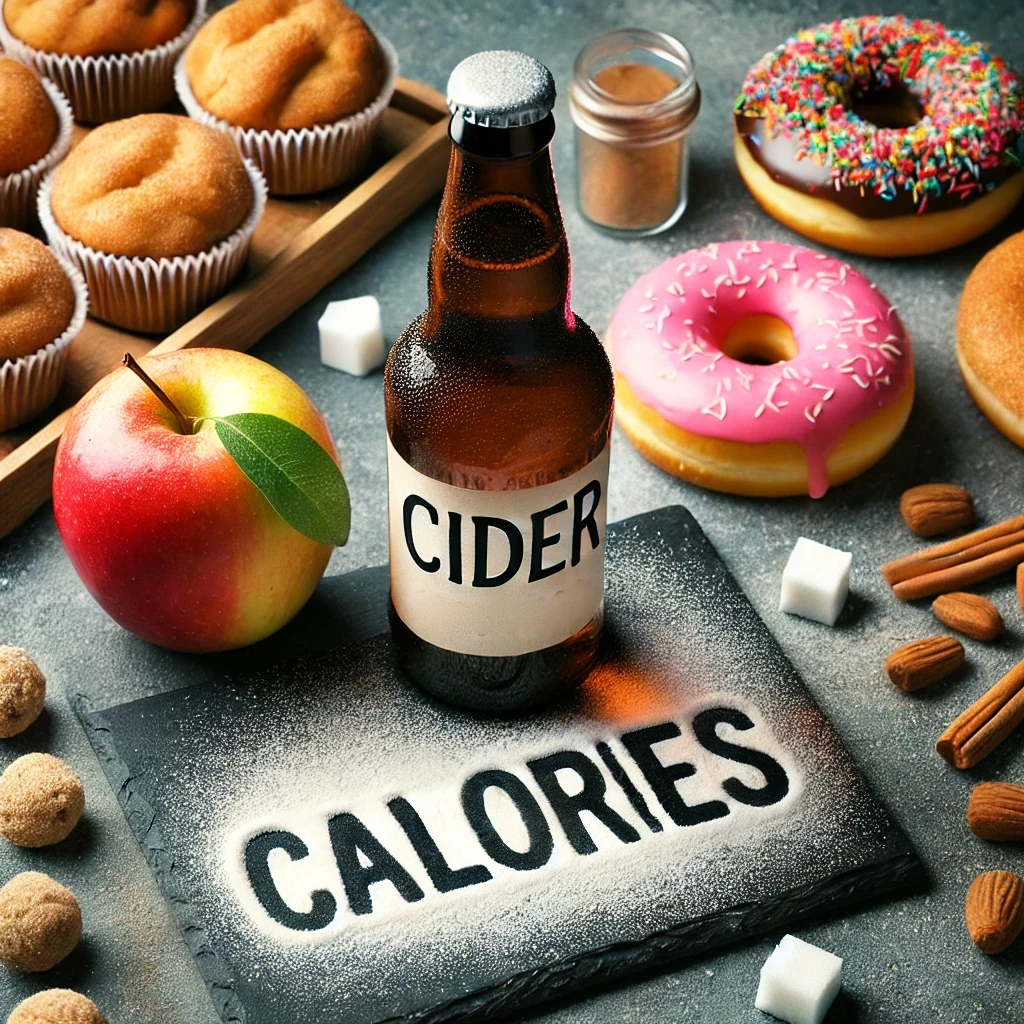How is it Gluten Free?
Natural Ingredients in Cider
The primary ingredients in cider are apple juice, water, and yeast. These ingredients are naturally gluten-free. The fermentation process, which turns the apple juice into cider, does not involve any gluten-containing grains like barley or wheat, which are commonly used in beer production.
Fermentation Process and Gluten-Free Status
During fermentation, yeast converts the sugars in apple juice into alcohol. This process does not introduce gluten into the drink. However, some ciders may have additional flavourings or additives that could contain gluten. It’s crucial to check the ingredient list on the cider bottle to ensure it does not include any gluten-containing additives. Another thing to consider is the risk of contamination if brewed in the same vicinity as wheat based alcoholic beverages.
Common Additives and Flavourings to Watch Out For
While most ciders are gluten-free, some brands may add flavourings or other ingredients that contain gluten. These additives can include caramel colour, which may be derived from gluten-containing grains, or certain natural flavours that could be processed with gluten. To be safe, always read the ingredient label carefully and look for any potential gluten-containing additives. By law if a drink contains allergens such as gluten this must be declared on the label. Only if it is below 20ppm or less of gluten this is not required.
Cross-Contamination Risks and How to Avoid Them
Cross-contamination is a significant concern for individuals with coeliac disease or severe gluten sensitivity. Even if a cider does not contain gluten, it could be processed in a facility that also handles gluten-containing products. To avoid this risk, look for ciders that are labelled gluten-free or certified by a reputable gluten-free certification organisation such as our cider.
How to Identify Gluten-Free Cider
Reading Labels: What to Look For
When selecting a cider, carefully read the label for any mention of gluten-containing ingredients or potential cross-contamination. Look for phrases like “gluten-free,” “certified gluten-free,” or symbols from gluten-free certification organisations.
Certifications and Labels to Trust
There are several organisations that certify products as gluten-free. Look for certifications from organisations such as the Gluten-Free Certification Organization (GFCO) or the Ceoliac Support Association. These certifications indicate that the product has been tested and meets strict gluten-free standards.
Tips for Ensuring Your Cider is Safe
To ensure your cider is safe, always opt for brands that explicitly state they are gluten-free. Additionally, you can visit the brand’s website for more detailed information about their gluten-free practices and certification.
Misconceptions About Cider and Gluten
One common misconception is that all alcoholic apple beverages are gluten-free. Be cautious of drinks like apple ale, which is a beer and contains gluten. Cider is a great alternative to gluten-containing beers. Other gluten-free alcoholic options include gluten-free beer made from sorghum or rice, as well as naturally gluten-free spirits like vodka and rum.
Gluten Allergy Statistics and Research
Prevalence of Gluten Allergy and Coeliac Disease
According to recent studies, coeliac disease affects approximately 1 in 100 people worldwide. Many others have non-celiac gluten sensitivity, which can cause similar symptoms without the autoimmune response.

Impact of Gluten-Free Diet on Health
Adopting a gluten-free diet is essential for individuals with coeliac disease or gluten sensitivity. It can significantly improve quality of life and reduce symptoms like digestive discomfort and fatigue.
Recent Research Findings on Gluten Sensitivity
Recent research has highlighted the importance of accurate labelling and the risk of cross-contamination. Studies continue to explore the best practices for ensuring gluten-free safety in food and beverages.
Frequently Asked Questions About Gluten-Free Cider
Is all cider gluten-free?
Most ciders are gluten-free, but always check the label for any potential gluten-containing additives.
Can cider be cross-contaminated with gluten?
Yes, cider can be cross-contaminated if processed in a facility that handles gluten-containing products. Look for gluten-free certifications to ensure safety.
What should I look for on the label?
Look for phrases like “gluten-free” and certifications from reputable organisations.
References:
https://www.nhs.uk/conditions/coeliac-disease
https://celiac.org/about-celiac-disease/what-is-celiac-disease





